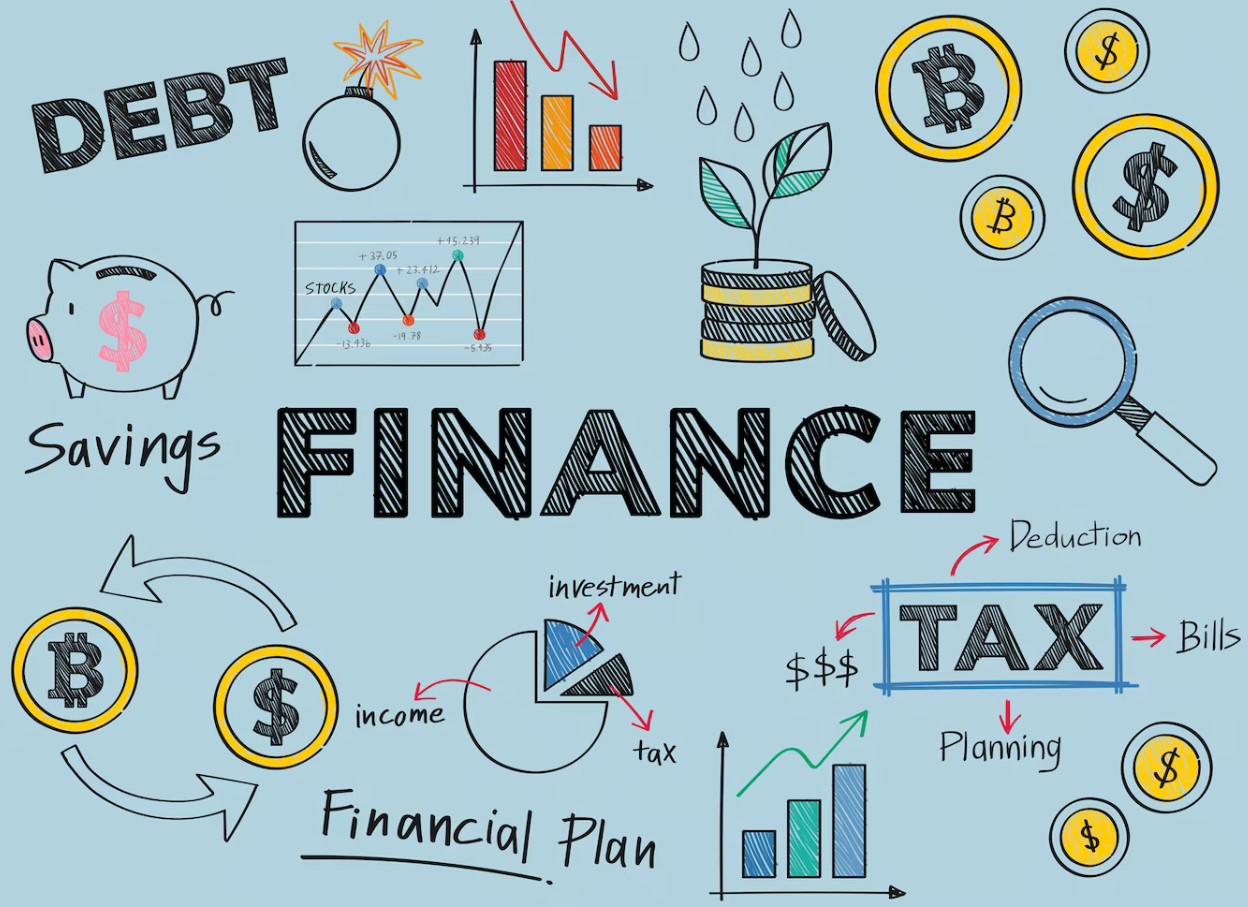Financial literacy is a critical aspect of modern life that empowers individuals to make informed and responsible decisions about their money. It involves understanding various financial concepts, such as budgeting, saving, investing, managing debt, and planning for the future. With financial literacy, individuals can take control of their finances, achieve their financial goals, and build a secure financial future. In this comprehensive guide, we will delve into the importance of financial literacy, key financial concepts, and practical steps to improve your financial knowledge.

The Importance of Financial Literacy
Financial literacy plays a vital role in everyone’s life, regardless of age, income level, or background. Here are some reasons why financial literacy is essential:
1. Financial Empowerment:
Being financially literate empowers individuals to make sound financial decisions that align with their goals and values. It allows them to take control of their financial future and make choices that lead to financial well-being.
2. Avoiding Financial Pitfalls:
Understanding financial concepts helps individuals avoid common financial pitfalls, such as overspending, high-interest debt, or falling victim to financial scams.
3. Building Wealth:
Financial literacy enables individuals to build wealth systematically. By understanding investment strategies, saving techniques, and tax planning, individuals can grow their money over time.
4. Planning for the Future:
A financially literate person is better equipped to plan for long-term financial goals, such as retirement, homeownership, or funding education for themselves or their children.
5. Financial Security:
Financial literacy contributes to financial security and stability. Knowing how to manage finances effectively reduces financial stress and provides a safety net during challenging times.
Key Financial Concepts
To become financially literate, individuals should familiarize themselves with several key financial concepts:
1. Budgeting:
Creating and following a budget is the foundation of financial literacy. A budget helps track income and expenses, enabling individuals to control spending, save money, and avoid overspending.
2. Saving and Investing:
Understanding the difference between saving and investing is crucial. Saving involves putting money aside for short-term goals and emergencies, while investing focuses on growing money over the long term to achieve financial objectives.
3. Debt Management:
Being aware of different types of debt, interest rates, and repayment strategies allows individuals to manage debt effectively and avoid excessive debt burdens.
4. Credit Scores and Reports:
Understanding credit scores and reports is essential for accessing credit, securing favorable interest rates, and maintaining a healthy credit profile.
5. Retirement Planning:
Financial literacy includes planning for retirement, including understanding retirement accounts, investment options, and the importance of starting early to secure a comfortable retirement.
6. Insurance:
Understanding the importance of various types of insurance, such as health, life, and property insurance, can protect individuals and their families from financial hardships.
7. Taxes:
Basic knowledge of tax laws and the importance of tax planning can help minimize tax liabilities and take advantage of available tax benefits.
Practical Steps to Improve Financial Literacy
Improving financial literacy is an ongoing process that requires dedication and continuous learning. Here are practical steps to enhance financial literacy:
1. Educate Yourself:
Read books, articles, and online resources about personal finance and attend financial workshops and seminars. There are numerous free resources available to help you gain a better understanding of financial concepts.
2. Set Financial Goals:
Establish clear financial goals and create a plan to achieve them. Whether it’s saving for a vacation, paying off debt, or investing for retirement, having concrete goals provides motivation and direction.
3. Track Your Spending:
Keep track of your income and expenses to understand where your money is going. This will help identify areas where you can cut back on spending and save more.
4. Start Investing Early:
Compound interest works in your favor when you start investing early. Begin contributing to retirement accounts or other investment vehicles as soon as possible to take advantage of long-term growth.
5. Seek Professional Advice:
If you have complex financial goals or require guidance with investments or tax planning, consider seeking advice from a financial advisor or tax professional.
6. Stay Informed:
Stay updated on financial news, market trends, and changes in tax laws. Being informed about financial developments will help you make better financial decisions.
7. Teach Financial Literacy to Others:
Share your knowledge with family members, friends, or colleagues. Promoting financial literacy in your community can benefit everyone and contribute to a financially savvy society.
Conclusion
Financial literacy is a fundamental life skill that empowers individuals to make informed and responsible decisions about their money. It plays a pivotal role in achieving financial security, building wealth, and planning for the future. Understanding key financial concepts, such as budgeting, saving, investing, and debt management, is essential for financial success.
Improving financial literacy is a journey that requires dedication, education, and continuous learning. By taking practical steps to educate yourself, set financial goals, and stay informed about personal finance, you can enhance your financial literacy and gain greater control over your financial well-being. Remember that financial literacy is not a one-time accomplishment but an ongoing process of learning and applying financial knowledge to achieve your financial aspirations. With a commitment to financial literacy, you can pave the way to a more secure and prosperous financial future.